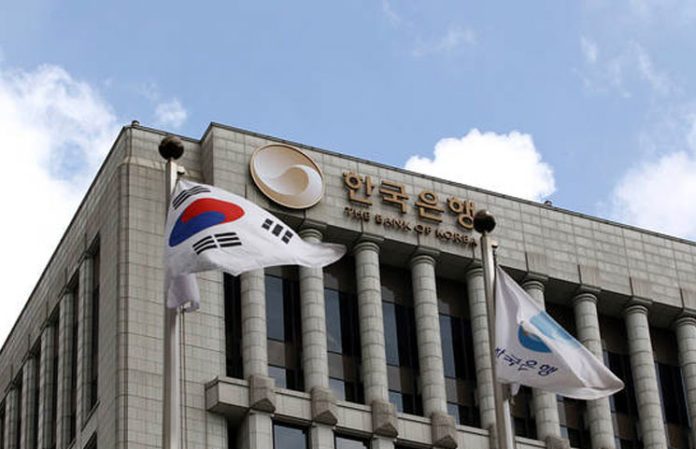
3. A balance between imminent fiscal demand and long-term fiscal health
During the process of Korea’s recent approval of the supplementary budget, opinions were widely divided between the proponents of fiscal expansion and the opponents prioritizing fiscal soundness, which caused controversies around the budget’s appropriate size. Ironically, the responses to and the fallout from Covid-19 in other countries highlight the importance of fiscal health. A case in point is what happened in countries in Southern Europe. Due to their weak fiscal conditions, they had to cut healthcare budget before the Covid-19 outbreak. As a result, their healthcare system is now unable to handle the exponential growth of patients, which is leading to a meltdown in their healthcare system. Fortunately, Korea has long pursued a fiscal balance, with its debt hovering slightly lower than 40% of GDP. However, NABO warns that the figure could rise steeply to 56.7% of GDP in 2028 amid Korea’s slowed economic growth and population ageing. If including the debt of public enterprises (KRW 613 trillion, 32% of GDP as of 3Q 2019) that is now excluded from the data, Korea’s national debt in a broader sense will be higher.
Nevertheless, the fiscal authorities should keep a close eye on the losses cumulating in the service sector that is hit hard by lingering social distancing. As of 2019, the service sector, especially vulnerable to social distancing, is estimated to take up 20% of GDP and 40% of employment in Korea. During the global financial crisis, the impact from lagging external demand was concentrated mainly in the manufacturing sector, whereas the pandemic is expected to give a further blow to the economy because diminishing consumption would adversely affect the service sector that employs a large percentage of workers. This is why major developed countries are launching large-scale fiscal programs in the face of economic hardship under social distancing measures to combat Covid-19.
As the coronavirus pandemic is expected to immensely affect the real economy, there will be a large, albeit temporary, increase in fiscal demand as part of effort to respond to external shocks. However, it’s important to note that such an increase is not structural. Former IMF Chief Economist Olivier Blanchard and former Treasury Secretary Lawrence Summers who served during the Clinton administration underscore the role of fiscal policy when the government bond yield is lower than the nominal economic growth. Although the ratio of national debt to GDP could temporarily rise due to a one-off fiscal expansion that is not structural demand, the national debt ratio will stabilize in the long run as long as economic growth (the increasing rate of the denominator) is higher than the government bond yield (the increasing rate of the numerator). Also worth noting is the possibility of enhanced policy effects under the current low-rate environment: Corporate investment becomes less sensitive to the interest rate, and low inflation expectations diminish crowding out that is regarded as one of the side effects of fiscal policy, all of which is positive for policy effectiveness. What’s desirable for now is a focused approach to how to help households and industries on the verge of crisis, setting aside fiscal soundness temporarily for a moment. A useful starting point to deal with the pandemic would be the “timely, targeted, and temporary” principle on fiscal expenditures, which was widely cited during the global financial crisis.
Conclusion
During the European fiscal crisis, then ECB President Mario Draghi declared he would do “whatever it takes” to stop the euro meltdown, based on which he successfully tackled the crisis via massive asset purchases despite the fierce opposition by Germany, the largest economy in the euro area. This has also become the underlying motto of current policy responses by nations around the globe. They believed only a bold commitment to policy actions would be effective in easing unrest among diverse economic entities and thereby would reduce policy costs. Amid growing concerns over the world’s Japanification, it’s important to reflect on the case of Japan where a series of repeated small actions only resulted in snowballing national debt and quantitative easing by the central bank. Hopefully, Korea’s bold monetary and fiscal actions could be a bridge, ushering the households and companies safely into the post-coronavirus era.
Kang Hyun-Ju(2020.04.09) 코로나19 사태에 따른 외환시장 현황 및 시사점 2020-09호”
retrieved from http://www.kcmi.re.kr/publications/pub_detail_view?syear=2020&zcd=002001016&zno=1522&cno=5435






